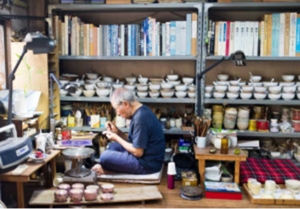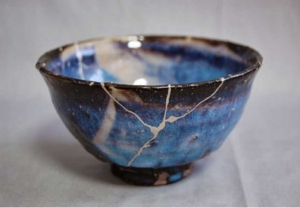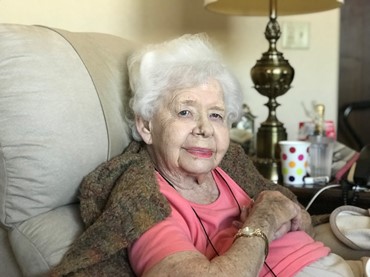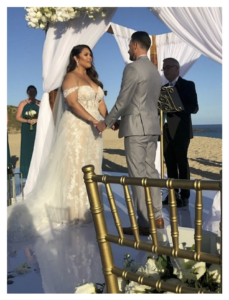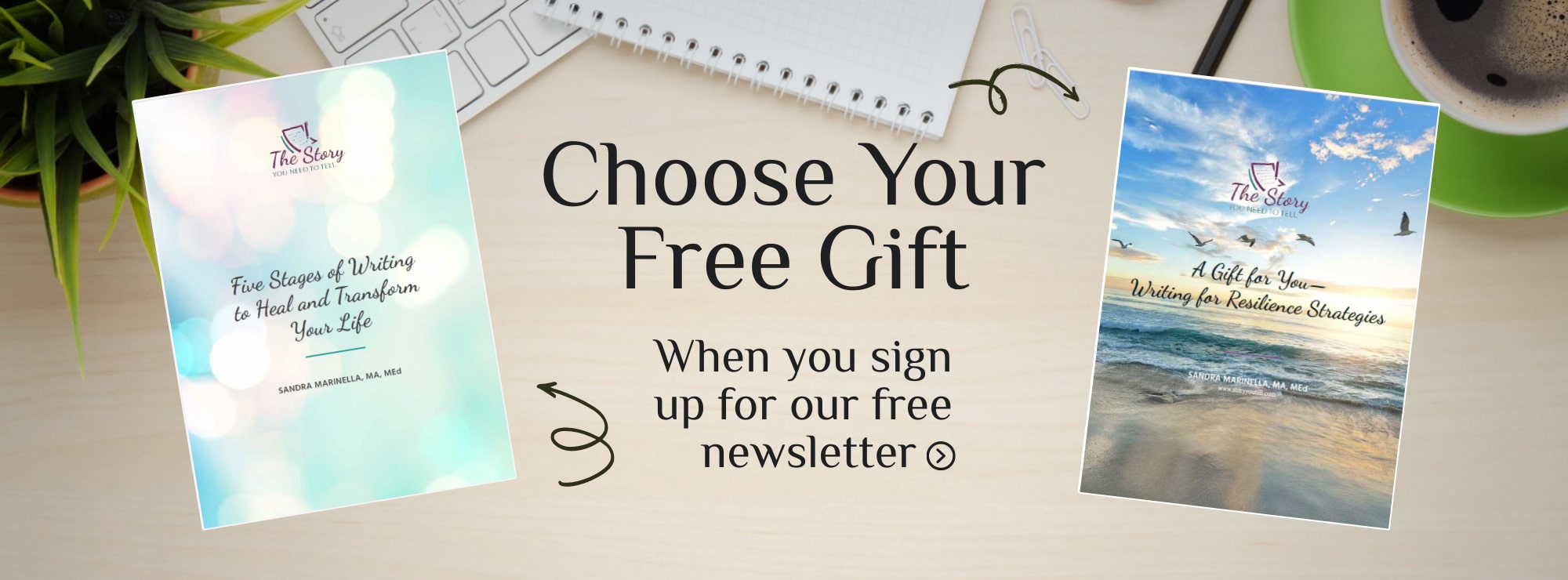My Mantra – You Can! You Can!
It is shortly after 5 am on Saturday. I know this because the woodpecker who is entranced with the eaves near my bed has started to drill his song. When I pound on the wall, he thinks it is a game, and imitates my pattern. I give up and get up.
Saturday mornings. For years I would rise this early and gather my book bag that was stuffed with thirty or fifty essays from my high school seniors. I would make the 12-minute drive south on the 101. When I arrived at the Wildflower Café, I would try to snag the booth right inside the door. Sometimes Lupita, a server-extraordinaire, would save that spot for me! Sometimes Mae, the manager-extraordinaire, would bring me oatmeal before I ordered it. While marking up essays and stories in that booth, I climbed inside the hearts and souls of my students.
It was there I learned Tamiko wanted to be a doctor because her father had died of cancer. It was here that Nick confessed in his artful words that he knew deep inside that he was gay, and he could no longer run from his truth. It was here I edited Jason’s essay that would admit him to Yale and a life out of the poverty he had known. It was here I first discovered Ben’s painful story of finding his uncle in his garage after he shot himself. It was here in a journal that Alicia confided she wished to be a poet – and later she became one.
Perhaps this sounds crazy, but I rarely tired of grading student essays. Oh, sometimes it was a slog, but it was also a privilege to open the window into the minds of these young people who were on the cusp of a new beginning. They would struggle, they would strive, and often they would find their voice and ground themselves with their words. At the end of many essays, I would cheer a writer on by scribbling the words, “You can! You can!”
This Saturday morning as I brewed my black tea, I kept repeating those words, “You can. You can.” Unconsciously it had become a mantra that I often shared with students, and they would thank me. One day I remember shy Erica staying after class, to point at the poorly scrawled phrase at the bottom of her paper. When I read my scribble to her, she got tears in her eyes. “That is what I hoped it said. You can. You can!” Then she scurried toward the door to catch up with her friends, but she stopped and turned back to me, calling in voice that sounded like a symphony accompanied with Beethoven’s Ode to Joy, “Thank you. You made my day!” And she made my day.
But this Saturday there are no essays to grade. Today I hope to write a few sentences in a new book I am birthing. There is a moment of light-headedness. I have started this book before. I was going to coauthor a workbook with a like-minded physician until COVID hit. The pandemic littered my path, like your path, with many potholes that made it hard to navigate. I went from workbook back to a book, back to a compilation of stories. Writing is a messy business.
But this morning, I feel am filled with something new. Something deep-seated. And I am ready to try again. The metaphor that has wrapped its arms around my soul is storycatcher. I embrace stories because they are my teachers. They allow me to understand you as well as to understand me. While I went to battle with myself over sharing my personal stories as I wrote The Story I Need to Tell, I learned to do it. Indeed, the process pommeled me with both beautiful and painful moments. Then I watched as the process changed me, and I grew. Now as I share this work, hoping others can learn to find and hold the beauty in their life experience.
Writing a book is my way of searching for truth in my life and in this world. It is why I come to the page each day. Often it feels like I am navigating across the Antarctic in winter. Long silent stretches. Pain. Trudging across the tundra and feeling lost, but then something happens. A stray flower breaks through the ground and spring begins. The journey is long and hard, but worth the pain and growth that comes of it.
As I dip bites of granola into yogurt, I realize I have seen slivers of insight that dance in front of me in recent days. Taunting me. They know I must catch them, or they will slip by and out of my reach. They will fall into the synapses that dance in another mind or perhaps tumble, lost into the universe forever. I want to capture these words. I want to run as fast as I can and dance and tumble and juggle and struggle until the whole of it comes to me. While it looms as a daunting struggle, I can do this, I tell myself. I can. I can.
And I smile for those words keep slipping out of me. They are indeed a long-time mantra for me. I guess we all need one. My students needed those words, and I understand that more fully now. For that reason alone, I will scribble those words across the top and bottom of this page. Also, I will write them in my heart.
I can I can!

